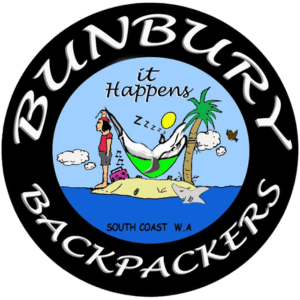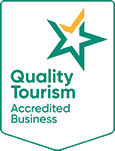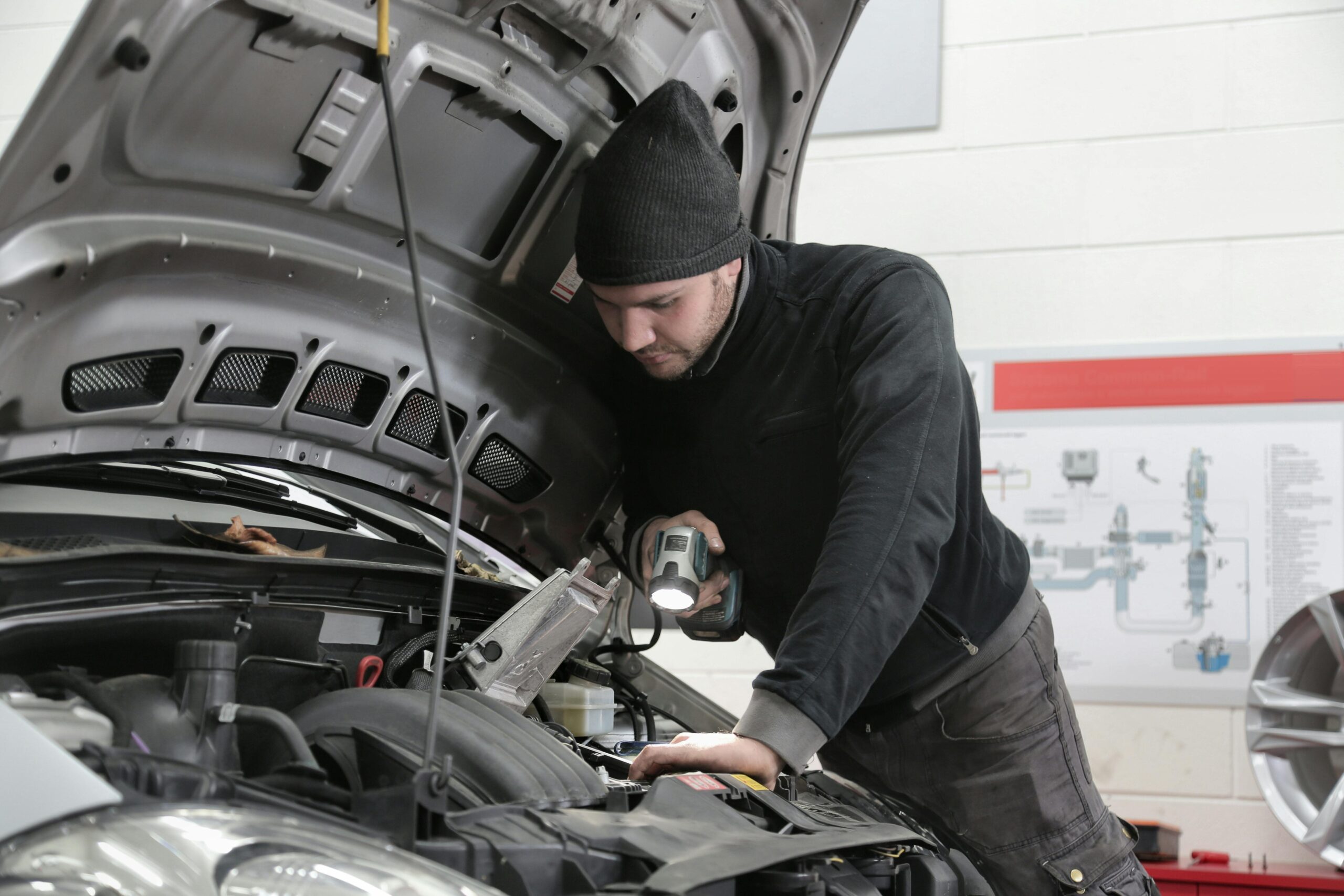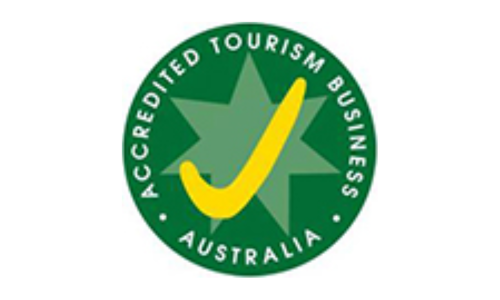Get Stuck? Avoid Common Mistakes When Buying a Backpacker Vehicle
For many backpackers, Australia’s wide-open spaces and stunning coastlines beckon for exploration. But hitchhiking everywhere can get tiring, and relying on public transport might limit your adventures. That’s where buying a used vehicle comes in – it offers the freedom to explore at your own pace and create unforgettable memories.
However, navigating the used car market in a new country can be daunting. Especially when you’re on a backpacker budget, ensuring you get a fair deal is crucial. Here at Wander Inn Bunbury Backpackers, we’ve seen countless backpackers embark on epic Australian road trips, and we want to help you avoid getting stuck with a lemon (Australian slang for a faulty vehicle).
This blog equips you with the knowledge and tools to confidently assess the advertised price of a used vehicle in Australia. By following these steps, you’ll be well on your way to securing a reliable set of wheels for your Aussie adventure.
Get Stuck Without a Plan: Navigating Vehicle Prices in Australia

1. Know Your Market: Backpacker Favorites Down Under
Australia has a vibrant used car market, with options ranging from trusty old Toyota LandCruisers to modern campervans. Understanding the backpacker scene is key. Popular choices include:
- Vans: These offer versatility and a comfortable living space, perfect for camping adventures. Consider popular makes like Toyota HiAce, Mitsubishi Delica, and Nissan NV200.
Pros: Spacious, comfortable for living on the road, good fuel efficiency for their size.
Cons: Can be less maneuverable than cars, might not be ideal for off-road adventures.
- Station Wagons: Spacious and fuel-efficient, they’re ideal for longer road trips with plenty of gear. Popular options include Holden Commodore, Ford Falcon, and Toyota Camry wagons.
Pros: Affordable, comfortable for longer journeys, offer good cargo space.
Cons: Not suitable for off-roading, might be less comfortable for living on the road compared to vans.
- 4WD Vehicles: Conquering off-road tracks and exploring remote areas is a breeze with a capable 4WD. Popular choices include Toyota LandCruiser, Nissan Patrol, and Mitsubishi Pajero.
Pros: Excellent off-road capability, good for exploring remote areas, durable and reliable.
Cons: Generally more expensive than other options, less fuel-efficient
Research Current Prices:
Before diving into specific ads, get a general sense of market value for your chosen vehicle type. Websites like:
- Carsales.com.au
- Gumtree.com.au
- Facebook Marketplace Australia
are excellent resources. Search for similar vehicles (make, model, year) and filter by location. This gives you a baseline for fair pricing in your area. Pay attention to the condition of the vehicles in the search results (advertised as excellent, good, average, etc.) This will help you compare apples to apples when assessing asking prices.
2. Decode the Ad: Spotting Red Flags in Used Car Ads
Once you’ve found a promising vehicle, scrutinize the advertisement carefully. Here are some red flags to watch out for:
- Vague Descriptions: Beware of ads with minimal details about the car’s condition, service history, or kilometres travelled. A seller with nothing to hide will be upfront about the vehicle’s history. Look for details like recent repairs, any modifications (custom wheels, lift kits), and the reason for selling.
- Unrealistic Prices: If a car seems too good to be true, it probably is. Extremely low prices might indicate undisclosed issues. Compare the asking price with your market research and online valuation reports to gauge reasonableness.
- Poor-Quality Photos: Multiple, clear photos are essential. Blurry or grainy photos might be hiding damage.

3. Go Beyond Marketplaces: Online Resources for Used Car Valuation
While online marketplaces are a great starting point, consider using additional resources to get a more comprehensive picture of a vehicle’s value. Here are some helpful options:
- Redbook: A trusted Australian resource (https://www.redbook.com.au/), Redbook provides market valuation guides for various vehicle types. You can purchase a specific model valuation report for a small fee.
- Glass’s Guide: Another reputable source (https://www.glassguide.com.au/), Glass’s Guide offers market value estimates for used cars. They provide free basic reports and more detailed versions for a fee.
- The RACV Australian Car Valuation Service: The Royal Automobile Club of Victoria (RACV) offers a car valuation service (https://www.racq.com.au/car/car-price-guide) for a fee. This can be a valuable tool, especially if you’re considering a car outside of Western Australia, as RACV has a national presence.
Understanding the Reports:
These resources typically provide a range of estimated values based on the vehicle’s age, mileage, condition (excellent, good, average, etc.), and features. Here’s a breakdown of the terms you might encounter:
- Glass’s Guide: Provides a “Market Value,” “Private Sale Value,” and “Trade Value.” Market Value is the typical retail price a dealer might ask. Private Sale Value is a more realistic estimate for an individual seller. Trade Value is what a dealer might offer you in a trade-in scenario.
- Redbook: Offers a “Glass’s Guide Private Sale Value” and a “Redbook Private Sale Value.” They essentially provide two different perspectives on private sale pricing.
4. Get a REVS Check: Uncovering a Vehicle’s History
A REVS (Registrations, Encumbrances, Valuations, and Compulsory Third Party) check is a crucial step. This report reveals the vehicle’s registration history, any outstanding loans (encumbrances), and its estimated market value. A REVS check can be obtained online through government websites or through participating mechanics for a small fee. Having a clean REVS report gives you peace of mind knowing the car isn’t stolen and doesn’t have any hidden financial burdens.
5. Arrange an Inspection: Don’t Be Afraid to Get Dirty
Once you’ve shortlisted a few promising vehicles, arrange an inspection. Here are some tips to get the most out of it:
- Schedule the inspection during daylight: This allows for a thorough visual inspection of the car’s exterior and interior.
- Bring a friend or mechanic: An extra set of eyes can help spot potential issues. If you’re not mechanically inclined, consider having a qualified mechanic inspect the vehicle for a fee.
- Inspect thoroughly: Check for any dents, scratches, rust, or uneven panel gaps on the exterior. Look for signs of leaks, and excessive wear, and ensure all fluids are at the correct levels under the hood. Open the doors and inspect the interior upholstery, dashboard functionality, and electronic features.

Test Drive: Take the car for a spin! Pay attention to the following:
- Engine performance: Listen for any unusual noises or vibrations. Ensure the car accelerates smoothly and maintains speed effectively.
- Transmission: The gear changes should be smooth and without any grinding noises.
- Brakes: The brakes should feel firm and responsive. Test them at different speeds to ensure they stop the car safely.
- Steering: The steering wheel should feel responsive and not have any excessive play.
Negotiation Tips:
After the inspection and test drive, you might find areas for negotiation. Here are some pointers:
- Be polite and professional: A respectful approach goes a long way.
- Highlight any issues found during the inspection: Use your findings to justify a lower price.
- Compare the asking price to market research and valuations: Show the seller that your offer is based on fair market value.
- Start with a lower offer: Leave room for negotiation, but be realistic in your expectations.
Financing Options (Optional):
If you don’t have the full purchase price upfront, financing your used car purchase might be an option. Here are some things to consider:
- Research loan options: Banks, credit unions, and online lenders offer various loan options for used car purchases. Compare interest rates and terms before making a decision.
- Understand the loan agreement: Ensure you understand the total loan amount, interest rate, repayment terms, and any associated fees before signing anything.
- Only borrow what you can afford: Don’t overextend yourself financially. Make sure the monthly loan repayments fit comfortably within your budget.
Congratulations on Finding Your Wheels!
By following these steps, you’ll be well on your way to securing a reliable and fairly priced vehicle for your Australian adventure. Remember, buying a used car can be an exciting experience. Do your research, be cautious, and don’t be afraid to negotiate.
Booking Link: Wander Inn Bunbury Backpackers
If we have no beds available for you online, please send us an email and we may have a few beds that we have for someone just like You!
Email:

We may take a few days to reply to your emails because we are super busy most of the time and there is much work in the area and Bunbury is an awesome place to stay!
See here for Weekly Work Information.









